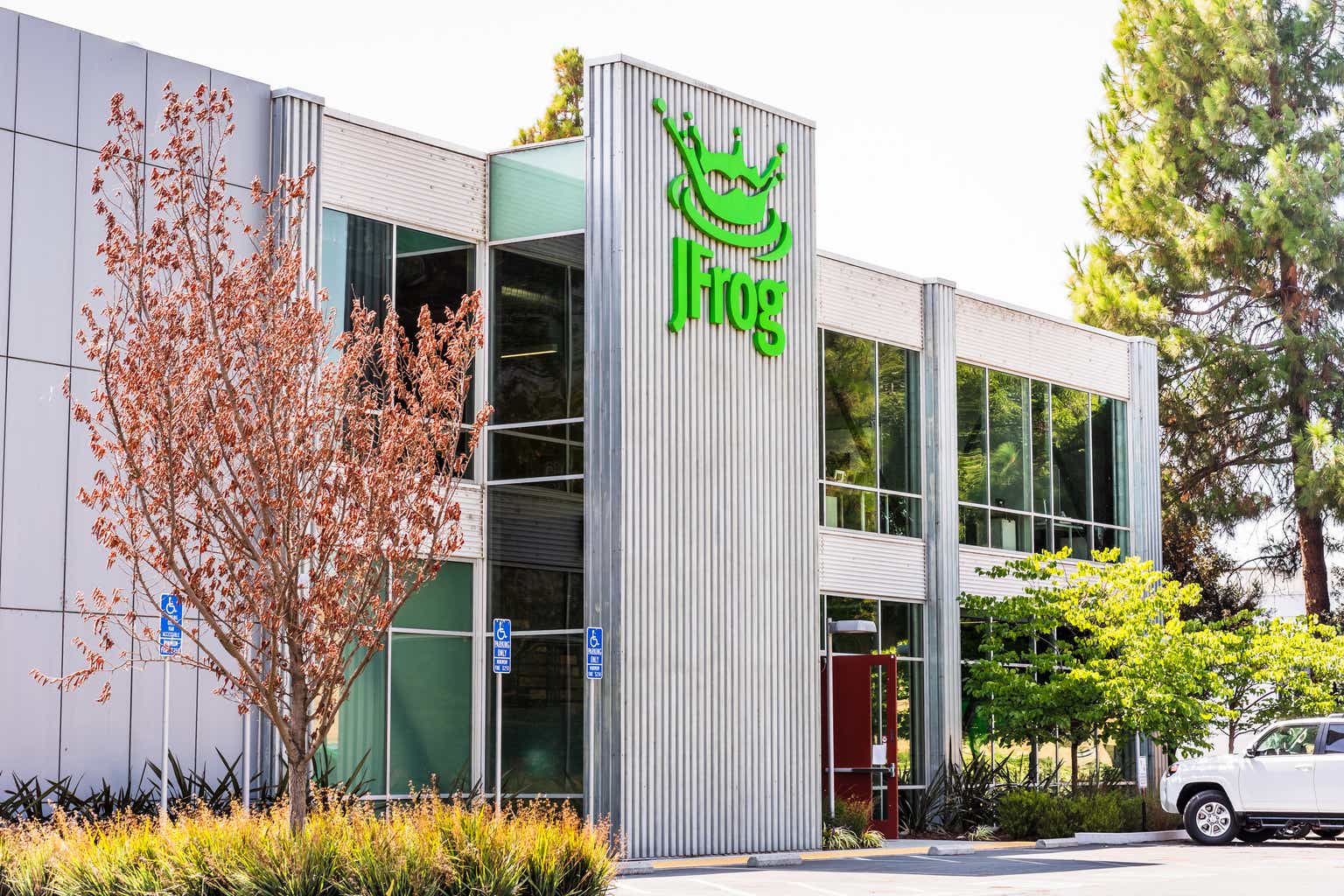32 things you may not know about Martin Luther King Jr.
Martin Luther King Jr., a reverend and civil-rights activist, was assassinated at 39. However, he inspired several movements and political changes.
AP Photo/Gene Herrick
- Rev. Dr. Martin Luther King Jr. was a civil-rights activist who helped end segregation in the US.
- Martin wasn't his given name — he was born Michael King Jr., after his father.
- On top of receiving two bachelor's degrees, he received a doctor of philosophy at Boston University.
Rev. Dr. Martin Luther King Jr. was one of the most influential figures in the US civil-rights movement.
Much of what people know about the activist is limited to his iconic role in the 1963 March on Washington. However, beyond his timeless, quotable speeches there are many fascinating aspects to learn about his life.
Here are some interesting facts about Dr. King that you probably didn't learn in school.
What's Your Reaction?






























